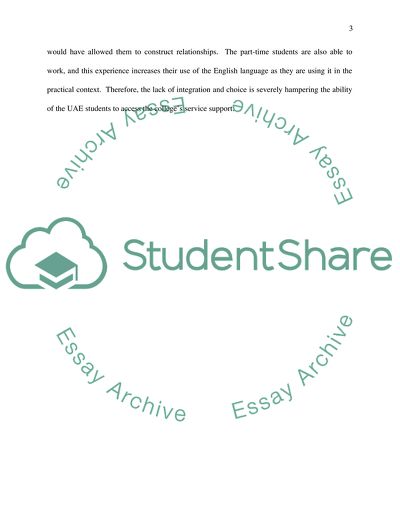Cite this document
(International Student Support at Salisbury College, Wiltshire Case Study, n.d.)
International Student Support at Salisbury College, Wiltshire Case Study. Retrieved from https://studentshare.org/education/1705957-research-project
International Student Support at Salisbury College, Wiltshire Case Study. Retrieved from https://studentshare.org/education/1705957-research-project
(International Student Support at Salisbury College, Wiltshire Case Study)
International Student Support at Salisbury College, Wiltshire Case Study. https://studentshare.org/education/1705957-research-project.
International Student Support at Salisbury College, Wiltshire Case Study. https://studentshare.org/education/1705957-research-project.
“International Student Support at Salisbury College, Wiltshire Case Study”, n.d. https://studentshare.org/education/1705957-research-project.


